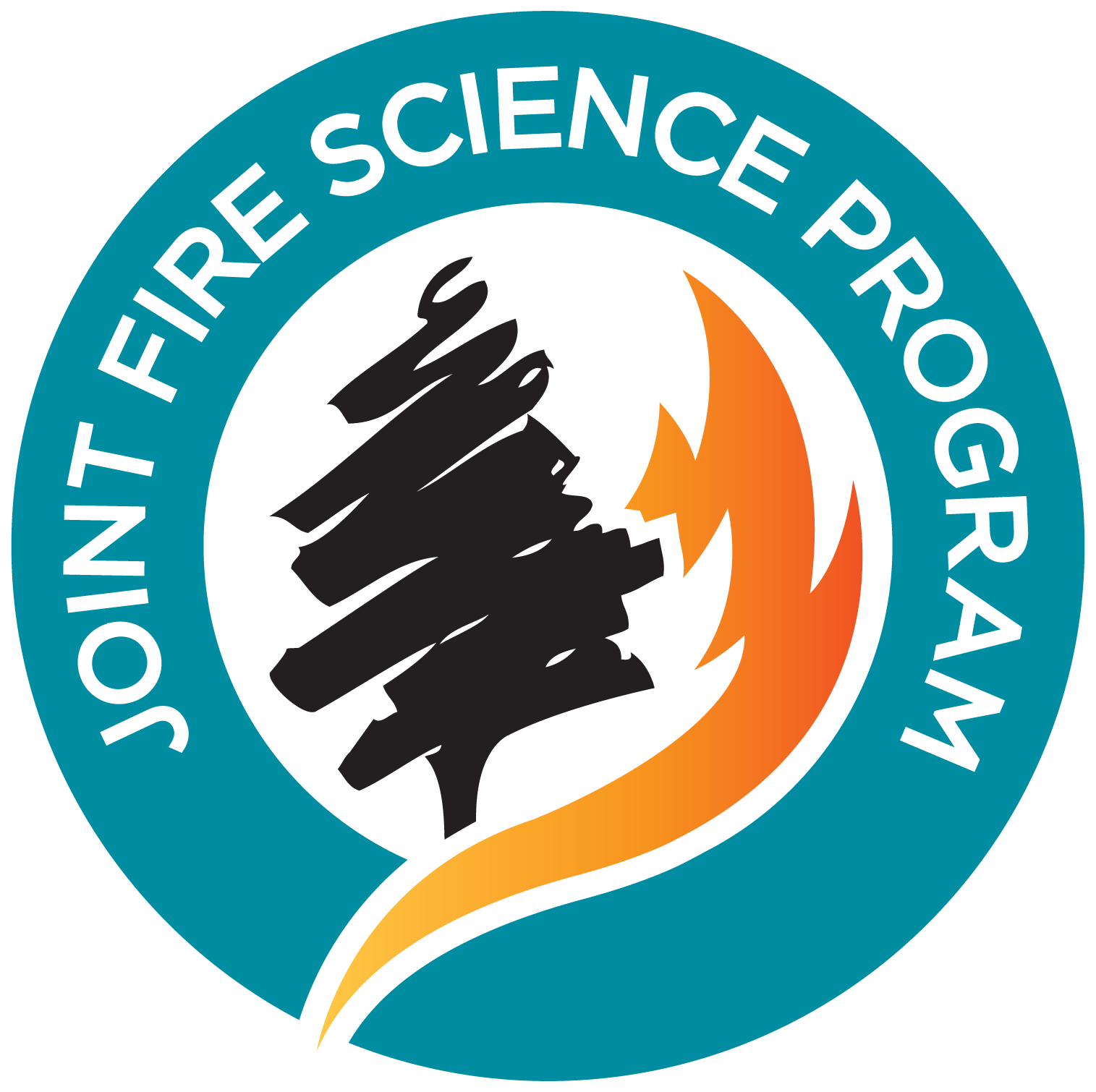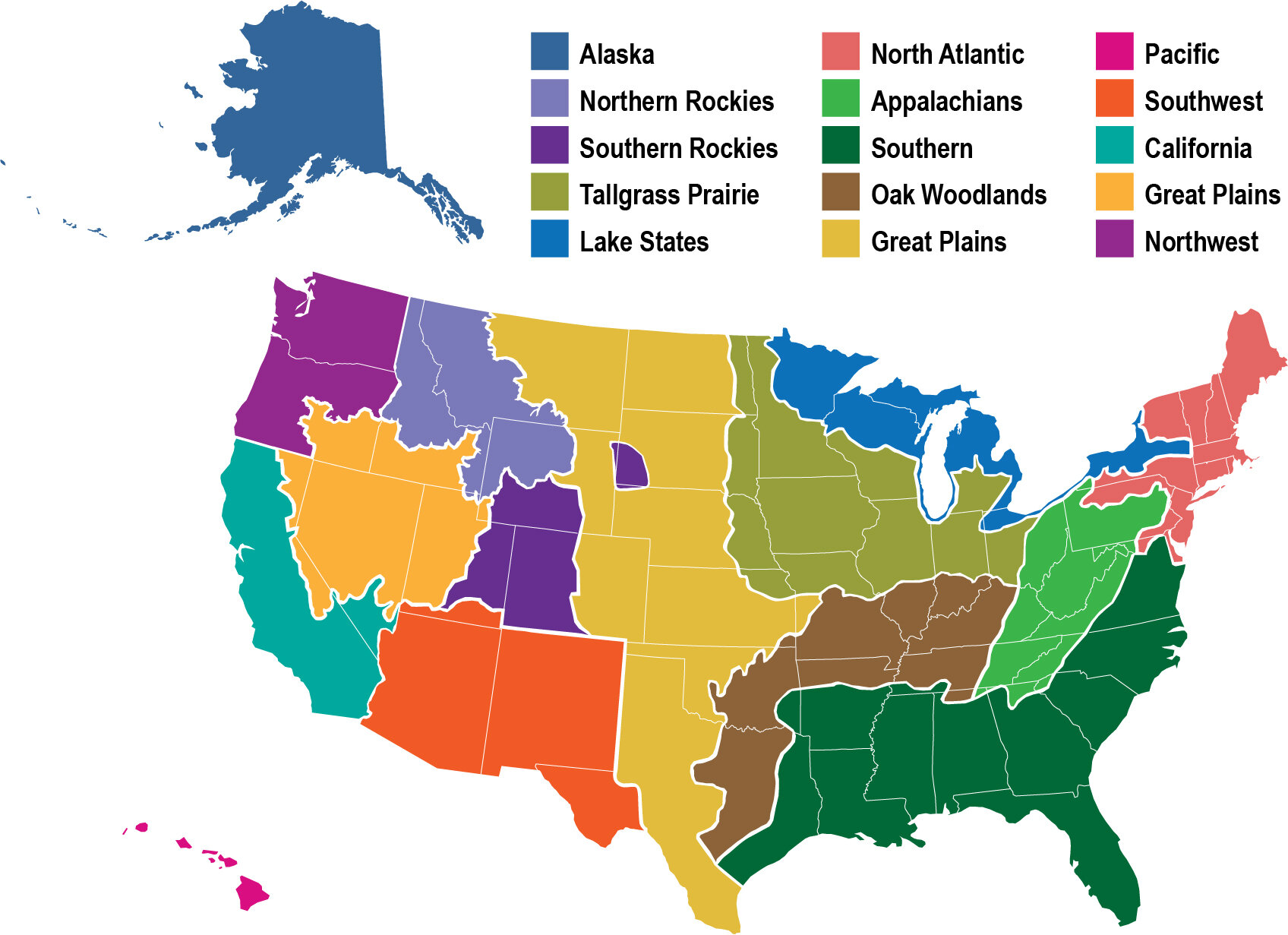Brandon Collins, USFS Research Forester based in Davis, CA, is on deck for the second in a series of webinars that LANDFIRE is co-hosting with the California Fire Science Consortium.
Collins’ interests involve characterizing effects of fire and fuels treatments on forests at both the stand and landscape levels. He notes, "My research intends to provide meaningful information to managers interested in improving forest resiliency and incorporating more natural fire-vegetation dynamics across landscapes."
For background, these three publications are the best references:
1. Gonzalez, Patrick, John J. Battles, Brandon M. Collins, Timothy Robards and David S. Saah. 2015. Aboveground live carbon stock changes of California wildland ecosystems, 2002-2010. Forest Ecology and Management 348: 68-77. (Authors used LANDFIRE height, type, cover data in the study).
View Full Article PDF >
2. Miller, Jay D., Brandon M. Collins, James A Lutz, Scott L. Stephens, Jan W. van Wagtendonk and Donald A. Yasuda. 2012. Differences in wildfires among ecoregions and land management agencies in the Sierra Nevada region, California, USA.Ecosphere 3(9): 80. (Authors used LANDFIRE Biophysical Settings (BpS) vegetation layer to capture broad vegetation groups across the Sierra Nevada and compare fire severity patterns among groups).
View Full Article PDF >
3. Lydersen, J.M., B.M. Collins, C.M. Ewell, A.L. Reiner, J.A. Fites, C.B. Dow, P. Gonzalez, D.S. Saah, and J.J. Battles. 2014. Using field data to assess model predictions of surface and ground fuel consumption by wildfire in coniferous forests of California. Journal of Geophysical Research: Biogeosciences 119: 223-235. (Authors used the FCCS for this project specifically because it crossed agency boundaries (one of the huge advantages of LANDFIRE). View Full Article PDF >


